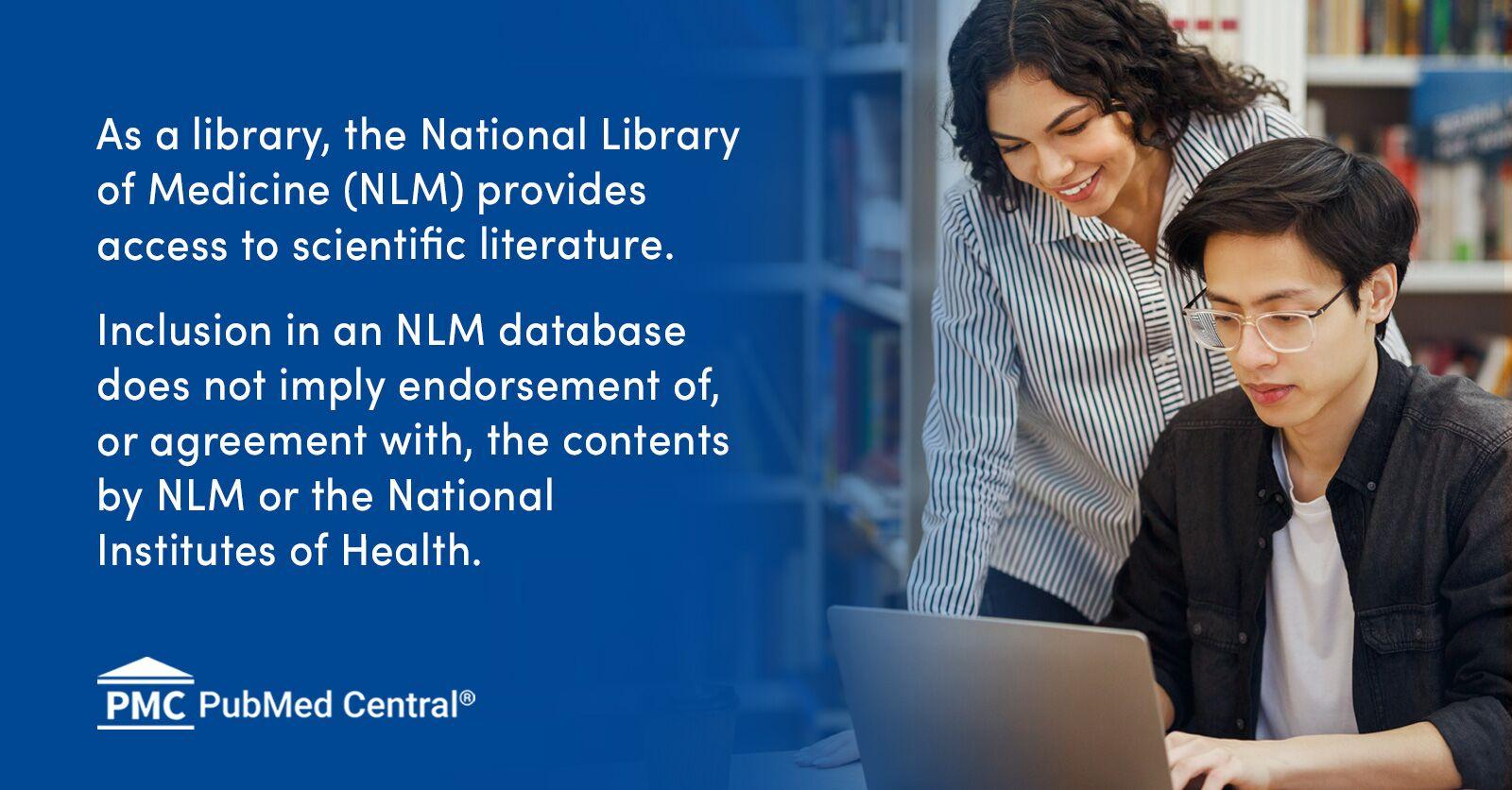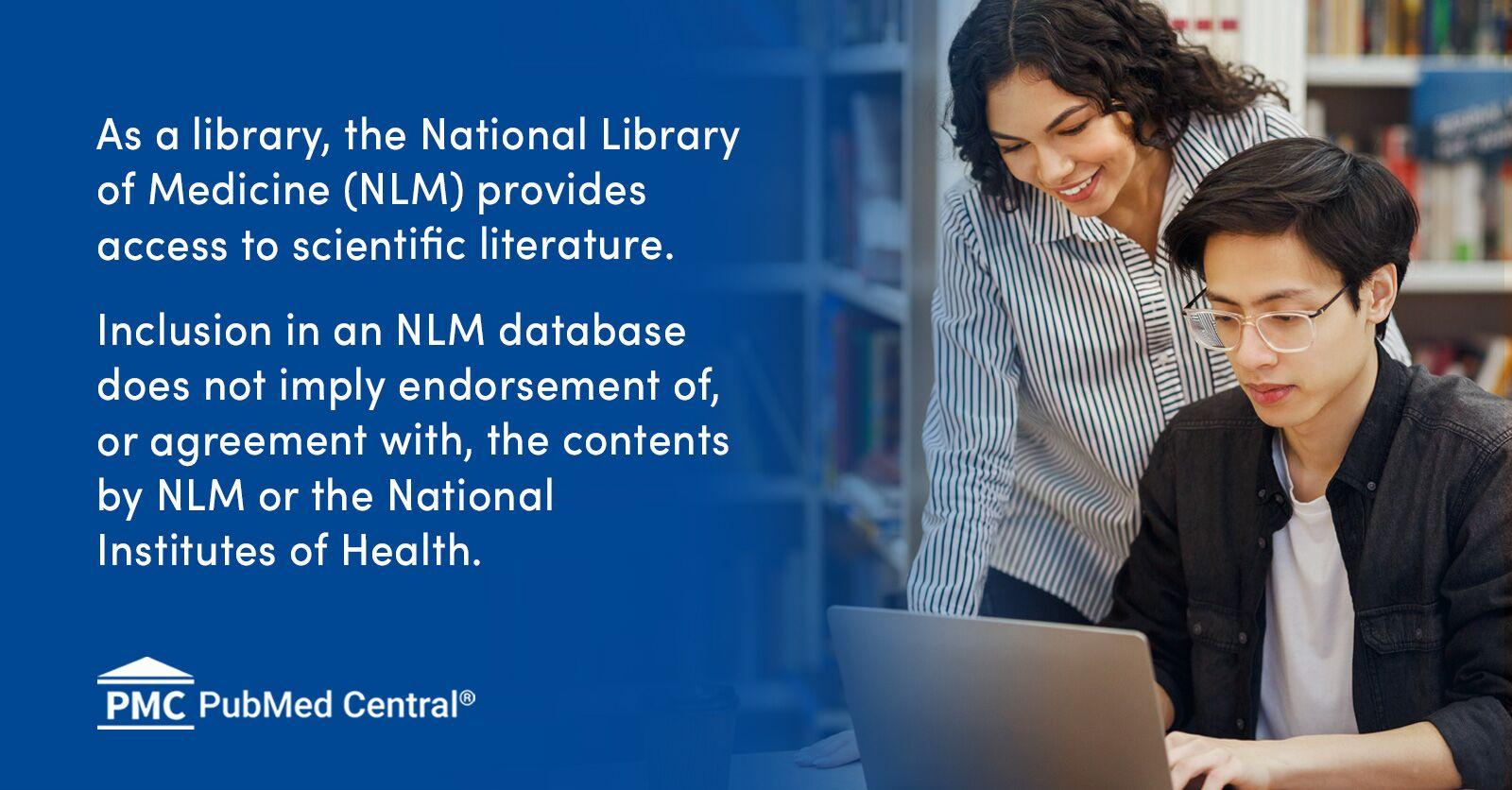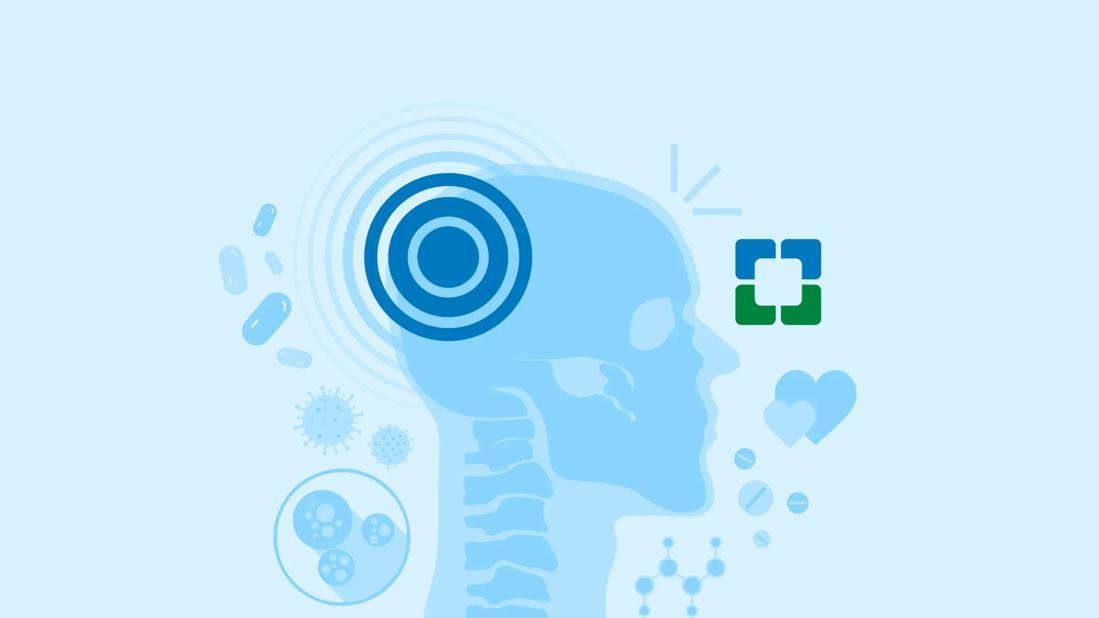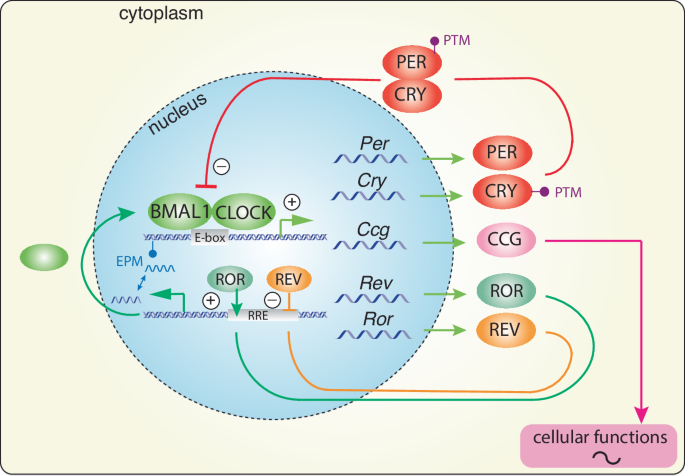Hormonal acne can feel like an unwelcome guest that just won’t leave, often bringing with it a tide of frustration and self-consciousness. It’s more than just a skin deep issue; it frequently impacts our emotional well-being and sense of balance. At Glow Pulse Therapy, we understand this intricate connection between skin health and inner harmony, championing a comprehensive path to addressing challenges like Hormonal Acne And Light Therapy: A Holistic Approach to rediscover your glow from the inside out.
Understanding the Roots of Hormonal Acne
Before diving into solutions, it’s crucial to grasp what makes hormonal acne tick. Unlike occasional breakouts, hormonal acne often presents as deep, cystic lesions or persistent blemishes, typically around the jawline, chin, and lower cheeks. These breakouts are intricately linked to fluctuations in your hormone levels, particularly androgens like testosterone.
When androgen levels rise, or your skin becomes more sensitive to them, it can trigger an overproduction of sebum (oil) and an increase in skin cell turnover. This creates a perfect storm for clogged pores, inflammation, and the proliferation of P. acnes bacteria, leading to those stubborn breakouts. Common triggers include puberty, menstrual cycles, pregnancy, menopause, and conditions like Polycystic Ovary Syndrome (PCOS).
Beyond the biological, hormonal acne often carries a significant emotional burden. The constant battle with breakouts can lead to reduced self-esteem, anxiety, and even social withdrawal. It’s a stark reminder that our skin isn’t just a barrier; it’s a mirror reflecting our internal state.
“Hormonal acne is a complex interplay of internal and external factors,” explains Dr. Evelyn Reed, a board-certified Dermatologist. “While hormones are the primary driver, stress, diet, and even sleep patterns significantly influence its severity. Addressing these underlying factors is key to long-term skin health and overall well-being.”
The Power of Light: How Light Therapy Works for Acne
Light therapy, also known as phototherapy or LED therapy, harnesses specific wavelengths of light to target skin concerns. For hormonal acne, the two most commonly used wavelengths are blue light and red light, each offering distinct benefits that contribute to a holistic healing process.
Blue Light Therapy: Targeting Bacteria and Inflammation
Blue light (typically around 415 nm) is primarily known for its antibacterial properties. It penetrates the superficial layers of the skin, where it targets P. acnes bacteria, which thrive in oxygen-deprived environments and contribute to acne inflammation. By neutralizing these bacteria, blue light helps to reduce active breakouts and prevent new ones from forming.
Red Light Therapy: Healing, Reducing Inflammation, and Boosting Collagen
Red light (typically around 630-660 nm) penetrates deeper into the skin than blue light. Its benefits are manifold and particularly relevant for the inflammatory nature of hormonal acne:
- Reduces Inflammation: Red light has powerful anti-inflammatory effects, helping to calm angry, red breakouts and reduce the associated discomfort. This is crucial for healing the deep lesions often seen with hormonal acne.
- Accelerates Healing: By stimulating cellular regeneration and increasing circulation, red light speeds up the skin’s natural healing process, helping lesions resolve faster and minimizing post-inflammatory hyperpigmentation (PIH).
- Promotes Collagen Production: While not directly treating acne, red light’s ability to boost collagen and elastin production can improve overall skin texture and reduce the appearance of acne scars over time. This contributes to the long-term aesthetic benefits.
When used in combination, blue and red light therapy offer a synergistic effect, tackling both the bacterial cause and the inflammatory response of hormonal acne. This dual approach makes light therapy a potent tool in a holistic skincare regimen.
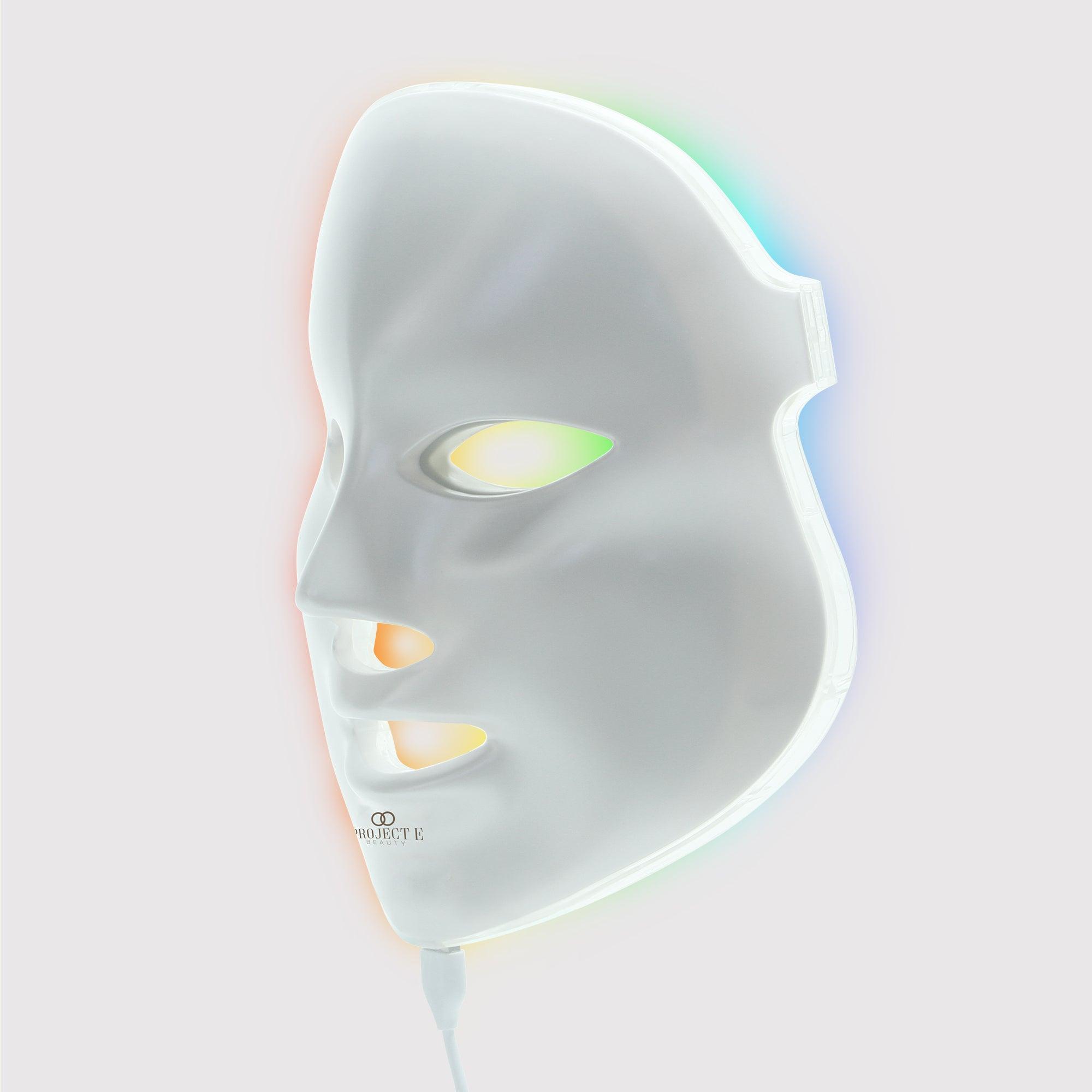 Woman experiencing hormonal acne with blue and red light panels targeting her face, illustrating skin and mood benefits
Woman experiencing hormonal acne with blue and red light panels targeting her face, illustrating skin and mood benefits
Integrating Light Therapy into a Holistic Approach
At Glow Pulse Therapy, we believe true transformation comes from nurturing your entire being. Light therapy is incredibly effective, but its power is magnified when integrated into a lifestyle that supports hormone balance and emotional resilience.
1. Dietary Adjustments for Inner Balance:
- Focus on Anti-Inflammatory Foods: Incorporate plenty of fruits, vegetables, lean proteins, and healthy fats. Foods rich in omega-3 fatty acids (like salmon, flaxseeds) can help reduce inflammation.
- Limit Inflammatory Triggers: Reduce intake of refined sugars, dairy, and highly processed foods, which can exacerbate inflammation and hormonal imbalances for some individuals.
- Support Gut Health: A healthy gut microbiome is linked to balanced hormones and clearer skin. Consider probiotics and fermented foods.
2. Stress Management & Emotional Well-being:
- Mindfulness and Meditation: Practices like meditation, deep breathing exercises, or gentle yoga can significantly lower cortisol levels, a stress hormone that can worsen acne.
- Adequate Sleep: Prioritize 7-9 hours of quality sleep per night. Sleep is essential for hormone regulation and skin repair.
- Connecting with Nature: Spending time outdoors can reduce stress and improve mood, fostering a sense of inner calm.
3. Strategic Skincare Routine:
- Gentle Cleansing: Use a mild, non-comedogenic cleanser to avoid stripping the skin and worsening irritation.
- Non-comedogenic Products: Ensure all skincare and makeup products are labeled non-comedogenic to prevent clogging pores.
- Hydration: Maintain skin barrier health with a good moisturizer, even for oily skin.
- Consistency with Light Therapy: For optimal results, use your light therapy device consistently as recommended by the manufacturer or a professional.
“A holistic approach recognizes that the skin is not an isolated organ,” says Dr. Marcus Thorne, a Holistic Health Practitioner. “When we support the body’s natural healing processes through nutrition, stress reduction, and targeted therapies like light, we create an environment where the skin can truly flourish, reflecting deeper well-being.”
The Skin & Mood Benefits of a Holistic Approach
The journey with Hormonal Acne and Light Therapy: A Holistic Approach extends far beyond clearer skin. It’s about cultivating a profound sense of self-care and empowerment that elevates your mood and transforms your overall quality of life.
- Reduced Inflammation and Breakouts: The direct impact of light therapy combined with lifestyle changes leads to a noticeable reduction in active lesions and redness, calming both skin and mind.
- Improved Skin Texture and Tone: As inflammation subsides and healing accelerates, skin becomes smoother, more even-toned, and radiant, boosting confidence.
- Enhanced Emotional Resilience: Successfully managing a chronic condition like hormonal acne through a holistic framework instills a sense of control and accomplishment, strengthening your mental fortitude.
- Lowered Stress Levels: Engaging in self-care practices, including dedicated light therapy sessions, becomes a ritual of calm, helping to mitigate the stress that often exacerbates breakouts.
- Boosted Self-Esteem and Confidence: As your skin visibly improves, so does your self-perception. Stepping out with clearer skin allows you to feel more comfortable and confident in your own skin.
- A Deeper Connection to Your Body: A holistic approach encourages you to listen to your body’s signals and understand the interconnectedness of your physical and emotional health. This awareness is empowering.
“The psychological impact of acne is often underestimated,” notes Sarah Chen, a Wellness Psychologist. “When clients embark on a holistic healing journey for their skin, we often see a beautiful ripple effect into their emotional lives. The consistent self-care, the visible improvements, and the feeling of regaining control all contribute to a profound uplift in mood and overall mental well-being.”
What to Expect from Light Therapy for Hormonal Acne
Consistency is key when using light therapy. While some individuals may see improvements within a few weeks, significant results, especially for hormonal acne, often require several months of regular use. Most professional and at-home devices recommend daily or every-other-day sessions for 10-20 minutes.
For optimal results, consider these aspects:
- Professional Guidance: Consult a dermatologist or a qualified skin care professional to determine if light therapy is suitable for your specific type of hormonal acne and to integrate it effectively with other treatments.
- Device Quality: If using an at-home device, choose a reputable brand that offers clinically proven wavelengths and adequate power output.
- Patience and Persistence: Remember that hormonal balance takes time. Light therapy is a powerful tool, but it’s part of a larger, ongoing commitment to holistic health.
Table: Red Light vs. Blue Light for Hormonal Acne
| Feature | Blue Light Therapy | Red Light Therapy |
|---|---|---|
| Wavelength | ~415 nm | ~630-660 nm |
| Penetration Depth | Superficial | Deeper |
| Primary Action | Targets P. acnes bacteria | Reduces inflammation, accelerates healing, boosts collagen |
| Main Benefit | Reduces active breakouts, prevents new bacterial growth | Calms redness, promotes skin repair, minimizes scarring |
| Best For | Inflammatory, bacterial acne | Inflamed, cystic acne, post-acne marks, overall skin health |
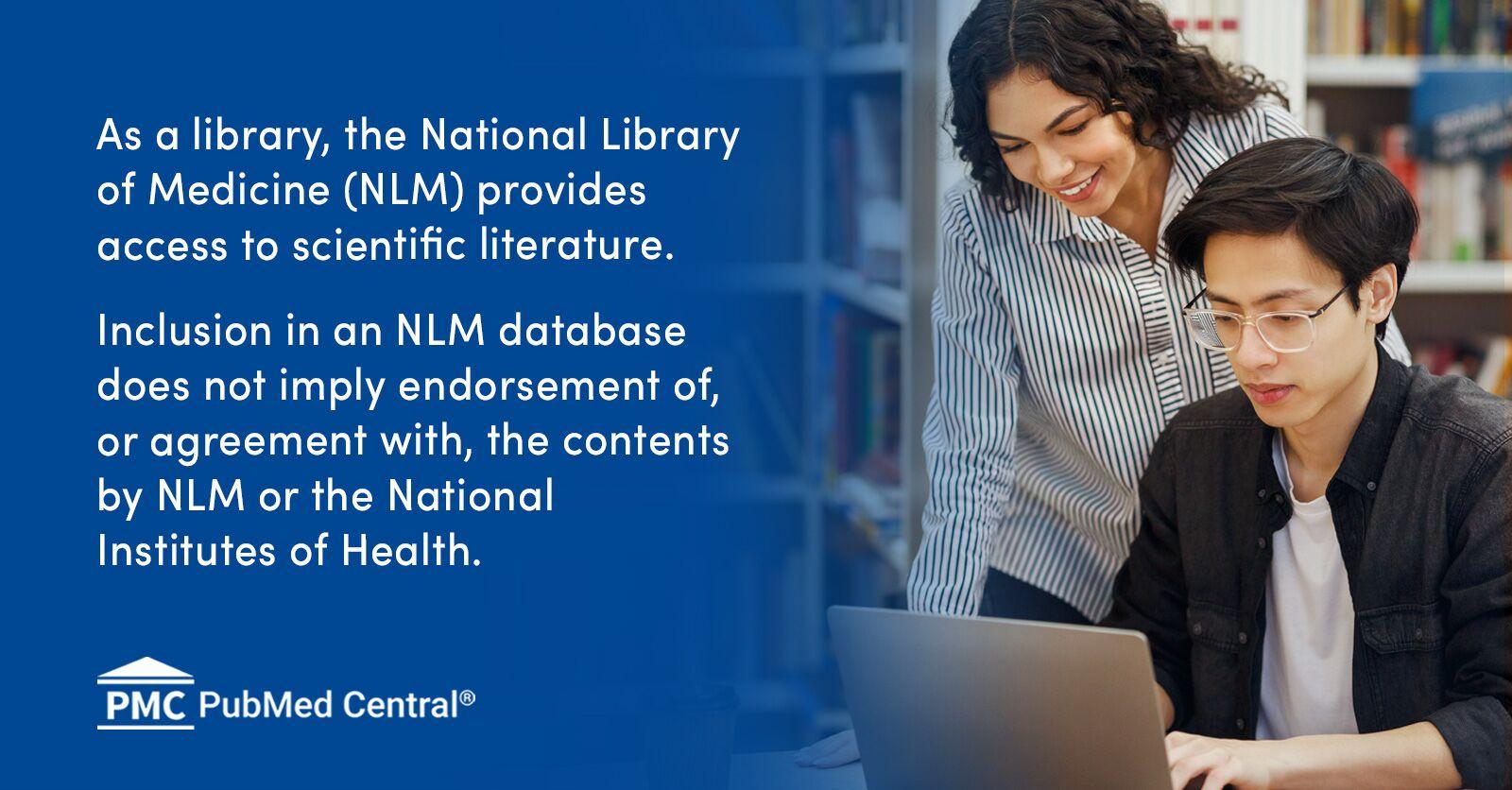 Conceptual image showing balanced skin and mind, representing hormonal acne relief through holistic light therapy
Conceptual image showing balanced skin and mind, representing hormonal acne relief through holistic light therapy
Conclusion: Embrace Your Journey to Holistic Radiance
Hormonal Acne and Light Therapy: A Holistic Approach offers a pathway to not only clearer skin but also a deeper connection with your inner self. At Glow Pulse Therapy, we are dedicated to guiding you on this journey, providing the tools and inspiration to nourish your skin and heal your soul. By embracing light therapy as part of a comprehensive self-care ritual – integrating mindful living, balanced nutrition, and consistent care – you empower your body to find its natural equilibrium. This holistic harmony cultivates a lasting radiance that shines through your skin and illuminates your spirit, helping you discover a balanced, beautiful you.
FAQ: Your Questions About Hormonal Acne & Light Therapy
Q1: Is light therapy effective for severe hormonal acne?
While light therapy can significantly help reduce inflammation and kill bacteria associated with hormonal acne, for severe cases, it’s often most effective when used as part of a comprehensive treatment plan supervised by a dermatologist. It can complement other treatments like topical medications or oral therapies.
Q2: How often should I use light therapy for hormonal acne?
Consistency is key. For at-home devices, typical recommendations range from daily to three times a week, with sessions lasting 10-20 minutes. Always follow the specific instructions provided with your device or by your skincare professional.
Q3: Can light therapy balance my hormones?
No, light therapy itself does not directly balance hormones. Its action is primarily on the skin, reducing inflammation and targeting acne-causing bacteria. A holistic approach, including diet, stress management, and lifestyle changes, is essential for addressing hormonal imbalances.
Q4: Are there any side effects of using light therapy for acne?
Light therapy is generally considered safe with minimal side effects. Some individuals might experience temporary mild redness or dryness. It’s non-invasive and does not use UV light, so there’s no risk of sun damage. Always protect your eyes as instructed by the device’s guidelines.
Q5: How long does it take to see results from light therapy for hormonal acne?
Results vary for each individual. Some may notice improvements in redness and inflammation within a few weeks, while significant reduction in breakouts and overall skin clarity, especially for hormonal acne, might take several months of consistent use. Patience and adherence to the regimen are important.
Q6: Can light therapy help with acne scars left by hormonal acne?
Red light therapy, in particular, can help with the appearance of acne scars over time. By promoting collagen production and improving skin regeneration, it can reduce the visibility of post-inflammatory hyperpigmentation (dark spots) and improve overall skin texture, making scars less noticeable.
Q7: Can I combine light therapy with other acne treatments?
Yes, light therapy can often be safely combined with other acne treatments. However, it’s crucial to consult with a dermatologist before combining therapies, especially if you are using strong topical retinoids or oral medications, to ensure compatibility and prevent potential irritation.
